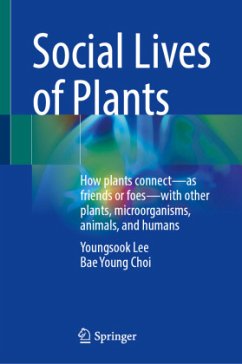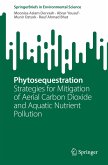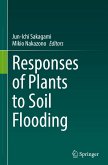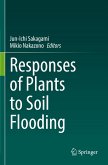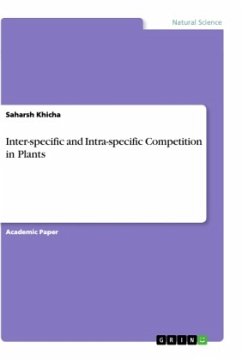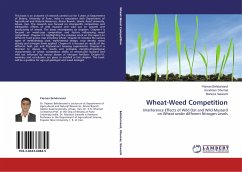What if plants could share food, communicate with other organisms, or even raise their young? In Social Lives of Plants, readers will discover that plants are far more than silent, solitary beings they are active participants in a dynamic world that paints the Earth green.
Plants live among many neighbors other plants, microorganisms, animals, and humans. Despite being immobile and surrounded by numerous organisms that might exploit them, plants successfully defend themselves and reproduce. But they do more than just endure they also actively use other organisms to support their growth and ensure their survival. The strategies plants employ for these interactions are astonishingly diverse and innovative. Through these interactions, plants and their social partners evolve, bring about changes in ecosystems and enrich them.
This book presents up-to-date information on the full spectrum of plant interactions ranging from cooperation to competition, manipulation, and even biological warfare. It also explores how human activity influences plant survival, the challenges posed by climate change, and how we might move toward more sustainable agriculture.
Designed for curious readers and aspiring plant scientists alike, the book is written in clear, accessible language without sacrificing accuracy. References cited throughout the text offer pathways for deeper exploration. Detailed and informative illustrations support readers in understanding the content.
Plants live among many neighbors other plants, microorganisms, animals, and humans. Despite being immobile and surrounded by numerous organisms that might exploit them, plants successfully defend themselves and reproduce. But they do more than just endure they also actively use other organisms to support their growth and ensure their survival. The strategies plants employ for these interactions are astonishingly diverse and innovative. Through these interactions, plants and their social partners evolve, bring about changes in ecosystems and enrich them.
This book presents up-to-date information on the full spectrum of plant interactions ranging from cooperation to competition, manipulation, and even biological warfare. It also explores how human activity influences plant survival, the challenges posed by climate change, and how we might move toward more sustainable agriculture.
Designed for curious readers and aspiring plant scientists alike, the book is written in clear, accessible language without sacrificing accuracy. References cited throughout the text offer pathways for deeper exploration. Detailed and informative illustrations support readers in understanding the content.

